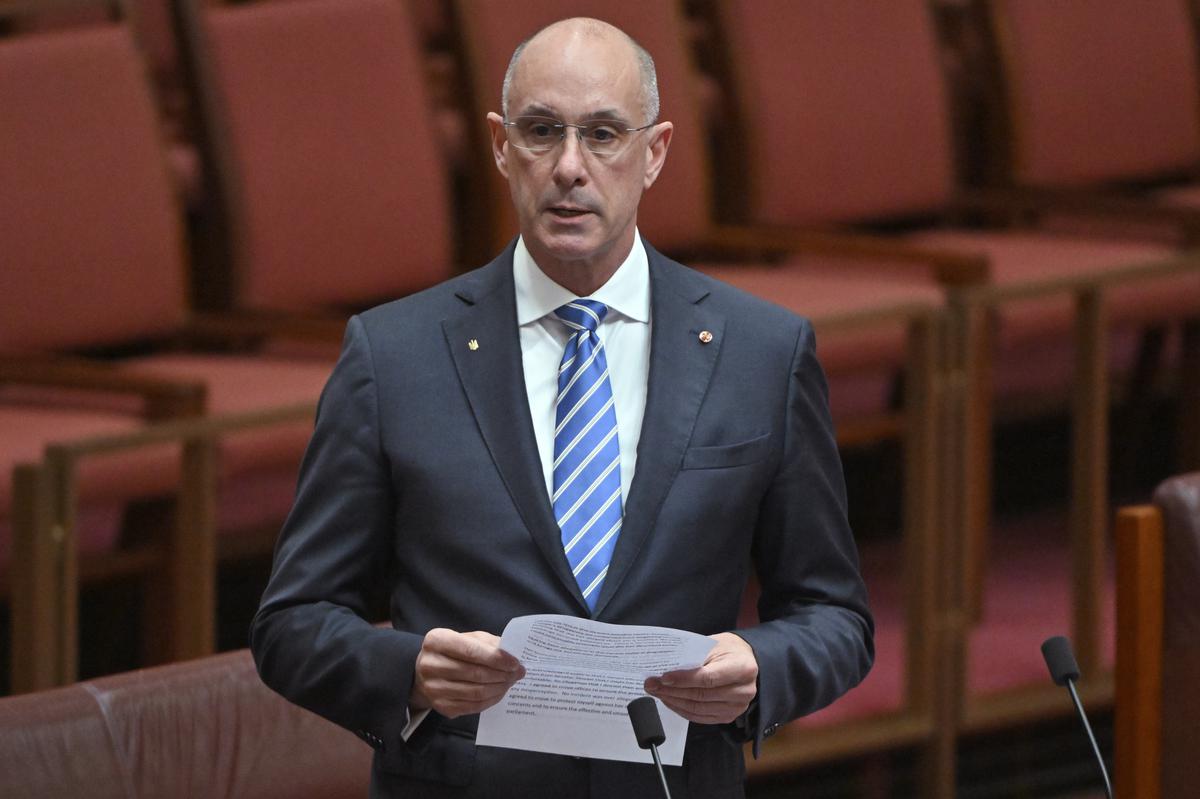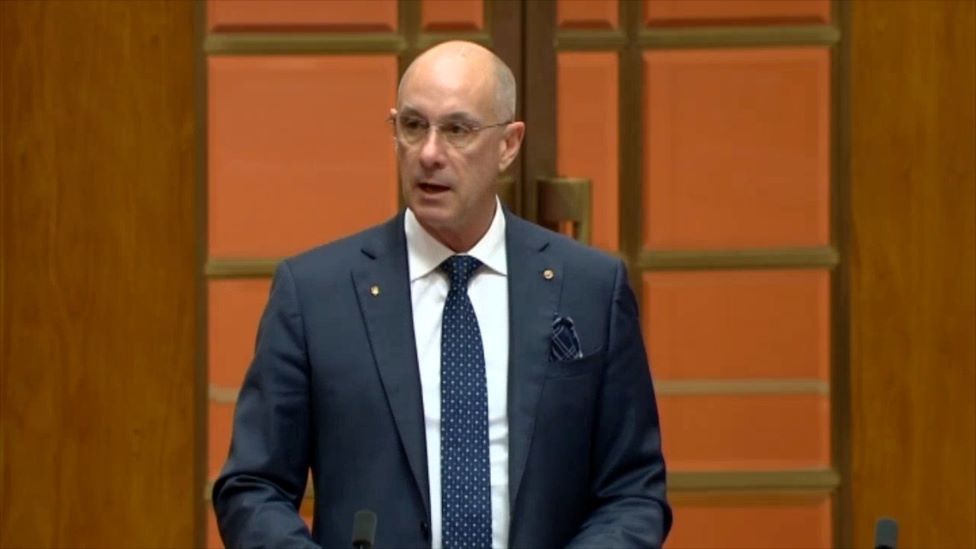
Introduction
Sexual assault and harassment continue to be pervasive issues in societies around the world, affecting various sectors, including politics. Recently, an Australian lawmaker made shocking allegations, claiming that she had experienced sexual assault within the confines of Parliament House. In a tearful Senate address, she spoke out about the harassment she endured, emphasizing that Parliament is not a safe place for women. This incident has shed light on the urgent need for comprehensive measures to address sexual assault and create a safe working environment for all individuals. In this article, we will explore the allegations made by the lawmaker, the significance of her statement, and the steps required to ensure a safer and more inclusive political landscape.
Understanding the Allegations
The Independent legislator’s claims are deeply troubling and demand immediate attention. She revealed that she had been subjected to various forms of sexual misconduct, including receiving “sexual comments,” being cornered in a stairwell, experiencing inappropriate touching, and receiving unwelcome propositions from influential individuals. These distressing incidents took place within the premises of Parliament House, a space that should be dedicated to democracy, accountability, and respect.
The Importance of Addressing the Issue
The allegations made by the lawmaker highlight the pressing issue of sexual assault and harassment in the Australian political sphere. The courage it took for her to come forward and share her experiences serves as a wake-up call for both lawmakers and society as a whole. It emphasizes the need for immediate action to protect individuals working in politics and to prevent such incidents from occurring in the future.
Creating a Safe Working Environment
To ensure that Parliament House becomes a safe place for everyone, comprehensive measures must be implemented. These measures should include:
1. Raising Awareness and Education
Creating a culture of consent, respect, and accountability starts with education. All individuals working in Parliament should undergo mandatory training programs that address issues of sexual assault and harassment. These programs should emphasize the importance of consent, bystander intervention, and reporting mechanisms.
2. Implementing Strong Reporting Mechanisms
Robust reporting mechanisms play a crucial role in addressing and preventing sexual assault. Parliament should establish a confidential and independent reporting system that encourages survivors to come forward without fear of retribution. This system should provide comprehensive support services to survivors, including access to counseling and legal advice.
3. Holding Perpetrators Accountable
Accountability is paramount in combating sexual assault. Allegations of misconduct must be thoroughly investigated, and appropriate action should be taken against the perpetrators. This may involve disciplinary measures, legal consequences, or even expulsion from Parliament. Creating a strong deterrent will help prevent future instances of harassment.
4. Promoting Gender Equality and Diversity
Addressing the root causes of sexual assault requires promoting gender equality and diversity within politics. Increasing the representation of women and marginalized groups in Parliament can lead to a more inclusive environment and foster a culture of respect and equality.
5. Cultural Shift and Leadership
A cultural shift is needed to eradicate the acceptance of sexual assault and harassment. Political leaders must take a stand against such behavior, leading by example and advocating for change. By demonstrating a commitment to creating a safe working environment, leaders can inspire others to follow suit.

Conclusion
The allegations of sexual assault made by the Australian lawmaker have brought to the forefront the urgent need to address this pervasive issue within Parliament House. It is crucial for lawmakers, government institutions, and society as a whole to come together and take decisive action to create a safe working environment for all individuals.









